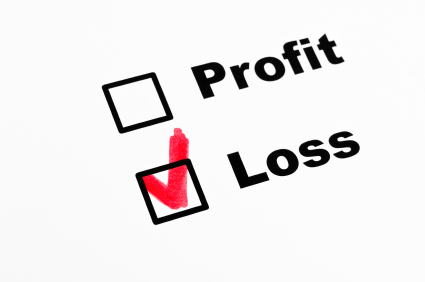Minimise The Damage Caused By Negative Reviews
There’s no limit to how much damage a bad customer review can do to a business. A recent study by Fasthosts which quizzed 1,300 British consumers, revealed that a third (33%) of participants and perhaps more startlingly, 52% of under-24’s said that they had left a negative review online of a product or service they had received.

So what’s this got to do with SEO?
Well, it just so happens that a lot of these websites that people complain on tend to be quite well placed in the search engine ranking positions. A bad review can prove near impossible to shift no matter how hard you try to knock it down. Websites such as TripAdvisor, Money Saving Expert and BBC Watchdog carry such high domain authority that they are always likely to be recognised by search engines and rank highly.
The rise of social media can also play a part in this. The amount of shares that a piece of content receives, either through tweets, Google+1’s and so on is also recognised by search engines. The constant evolution of social media is giving consumers more platforms and, in turn, more freedom to express their opinions and grievances.
How can I minimise the damage?
Let’s face it, even the best SEO’s are going to struggle to displace websites with such good domain authority. It’s just not going to happen. It’s very much a case of damage limitation here and common sense says that the first thing you could do is avoid upsetting these customers in the first place. However, for those that have already suffered from bad reviews there are a few ways you can counter-balance them.
Perhaps the simplest way to do this is to try and balance out the negative reviews with positive ones. This does not simply mean creating fake, positive reviews posted under pseudonyms. As tempting as this may be, it is extremely unethical in terms of SEO and a perfect example of “black hat” practice.
A more “white hat”, ethical approach would be to incentivise your customers into leaving a positive review if they are happy with the service they received. This could be in the form of a discount voucher for their next purchase, or a token free gift. Customers who have a bad experience are much more likely to write a review than those who are provided with good service. It’s unfortunate, but that’s just the way it is. As a result of this, sometimes it may be necessary to go above and beyond to ensure that they are inclined to wax lyrical about your company on these sites with high domain authority.
Interact with your customers
Another interesting statistic that can be drawn from the survey is the fact that 84% of participants would actually be willing to forgive the company and try it’s services again, so long as they acknowledged their complaint and engaged with them about it. Unfortunately, similar research into 400 small UK businesses revealed that only 12% had actually discussed an online complaint with the customer.
A great way to appease disgruntled customers and also boost your search ranking positions is through the use of social media. Many companies now choose to interact with customers who speak about them in a less complimentary light on social networks like Twitter and Facebook. I have personally experienced this with Northern Rail and Sky to name just two.
Of course, answering their queries would go some way towards repairing the relationship between consumer and provider. However to get the most out of this, you should point them towards a page on your website which best addresses their requirements. Maybe a help or contact page, or a page for certain products that they may not have been able to find. Social media sharing is having a bigger impact on the world of SEO day by day and you can help yourself by getting your website content out there.
Wikipedia
For millions of people, Wikipedia provides a valuable service every day. For SEO’s however, it can prove to be quite a stubborn block on the road to search marketing success. Outward links from Wikipedia have been “no follow” for a number of years and as a result, the flow of link juice has been stifled.
Another downside to Wikipedia, especially for businesses, is the fact that pages are required to be written from a neutral point of view (in other words, not by a company employee). Whilst in theory this is understandable, this can open a whole can of worms with regards to bad press. A particularly disgruntled customer could potentially air their grievances in the form of a cleverly worded Wikipedia edit (for example, by adding a “controversy”/”scam” segment to the entry) and the company may have no opportunity to defend themselves.
Once again, Wikipedia holds extremely high domain authority, and regularly ranks above most websites (usually in the top five or so) for any keyword. It goes without saying that a bad entry on here will be a costly one for most businesses.
Final Thoughts
It’s an age-old saying that the customer is always right. Whilst this may not always be the case, the customer is king in the sense that without them, you won’t make any money.

The high domain authority that “watchdog” style websites command makes it extremely important to keep the customers on side. Your site is almost certainly going to be seen in a darker light by search engines in comparison so it’s important to do your best to make these customers as happy as possible. If you can end up helping your search engine ranking positions in the process, then why not?


